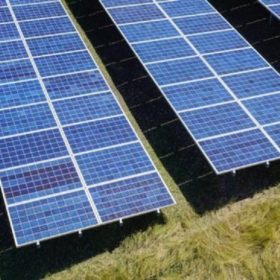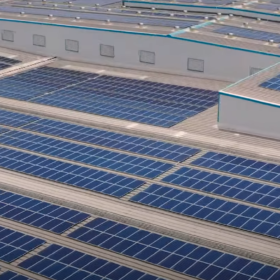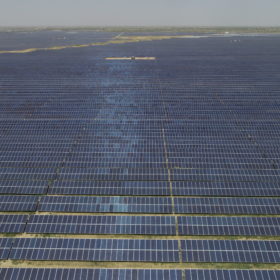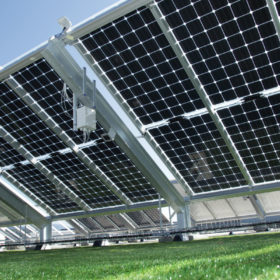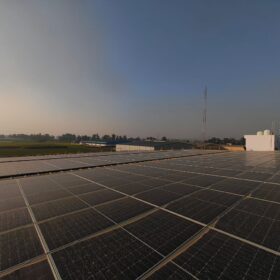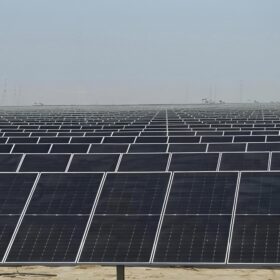Solar module price increases to affect returns on 4.4 GW of solar
Solar cell and module prices have increased by more than 40% over the last 18 months, driven by polysilicon prices. However, bid tariffs has remained lower than what is needed to mitigate the rise in module prices. The risk of lower returns is significant for 4.4 GW of projects that have been awarded over the past 18 months, with tariffs below INR 2.2 ($0.028)/kWh.
Telecom industry body hails green energy open-access reforms
The Cellular Operators Association of India has welcomed lowering of the green energy open-access transaction limit from 1 MW to 100 kW under the Electricity (Promoting Renewable Energy through Green Open Access) Rules 2022.
India installed 456 MW of rooftop solar in Q1
India’s rooftop solar installations increased by 34% year on year in the January-March period, despite a 17% increase in system costs.
Solar tariffs to rise 21% over the next 12 months
Solar tariffs will likely increase to INR 2.95 ($0.039)/kWh in the next 12 months, mainly due to the 40% basic customs duty on imported solar modules.
Higher solar module prices: rainy days ahead for developers?
CareEdge Ratings has analyzed the key drivers of rising PV module prices and the impact on projects in India. It has also assessed the tariffs expected in upcoming bids, to ensure that developers get the same returns they were previously getting.
Longi surpasses 7 GW of monocrystalline solar panel shipments to India
Chinese PV module manufacturer Longi has surpassed 7 GW of shipments to India, less than six years after launching its operations in the country.
Indian solar market leaders in 2021
ReNew Power was the top utility-scale solar developer in 2021, commissioning the largest amount of capacity. Tata Power Solar led in rooftop solar installations, accounting for 20% of total annual additions.
Waaree supplies 45 MW of PV modules to KPI Global
Mumbai-headquartered Waaree has supplied its 335 Wp polysilicon modules to Gujarat-based developer KPI Global Infrastructure, for projects in Bharuch district, Gujarat.
CubicPV, Waaree sign five-year deal for annual solar cell supply of 1 GW
USA-headquartered CubicPV will supply, per annum, 1 GW of Direct Wafer silicon solar cells to Indian manufacturer Waaree Energies under a five-year contract. The cells will be supplied from its upcoming 2 GW factory in India.
Solar module prices increased 38% in the last 20 months
Supply demand mismatch is the most crucial factor which is directly or indirectly leading to an increase in module prices. At present, demand (especially for poly-Si) far outstrips the supply. A balance between the supply and demand is essential for stabilization of solar module prices.
